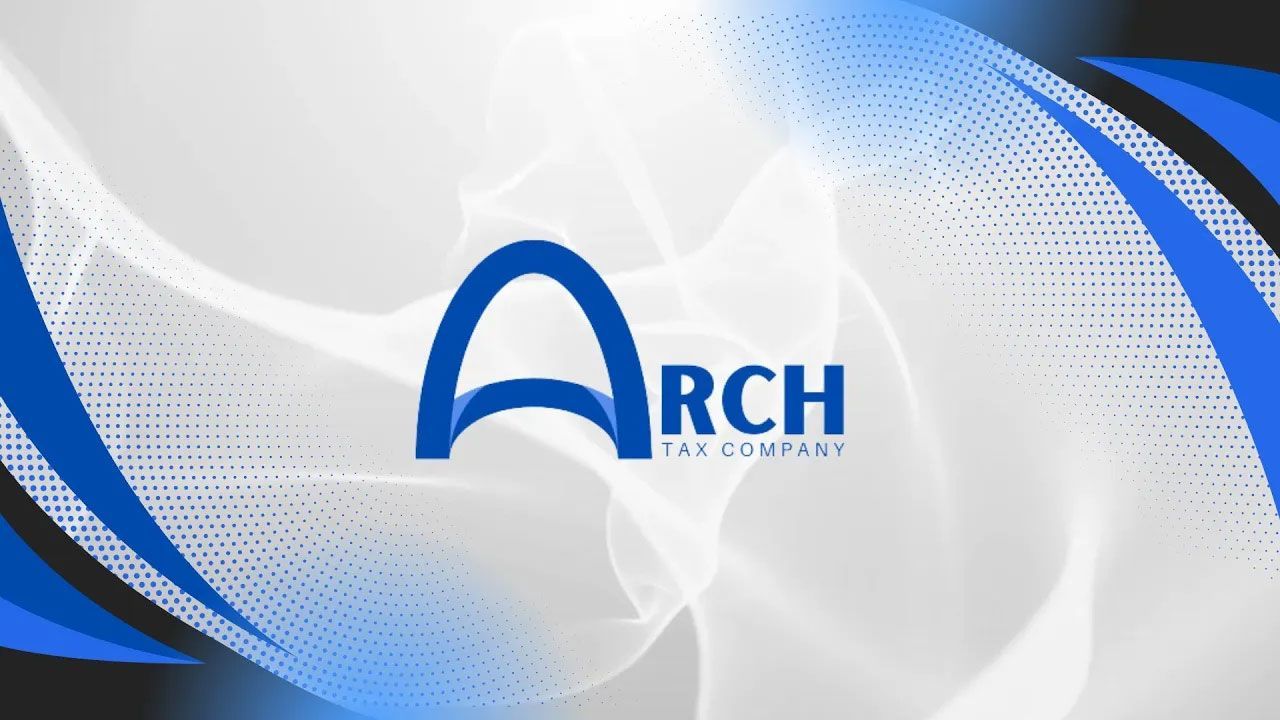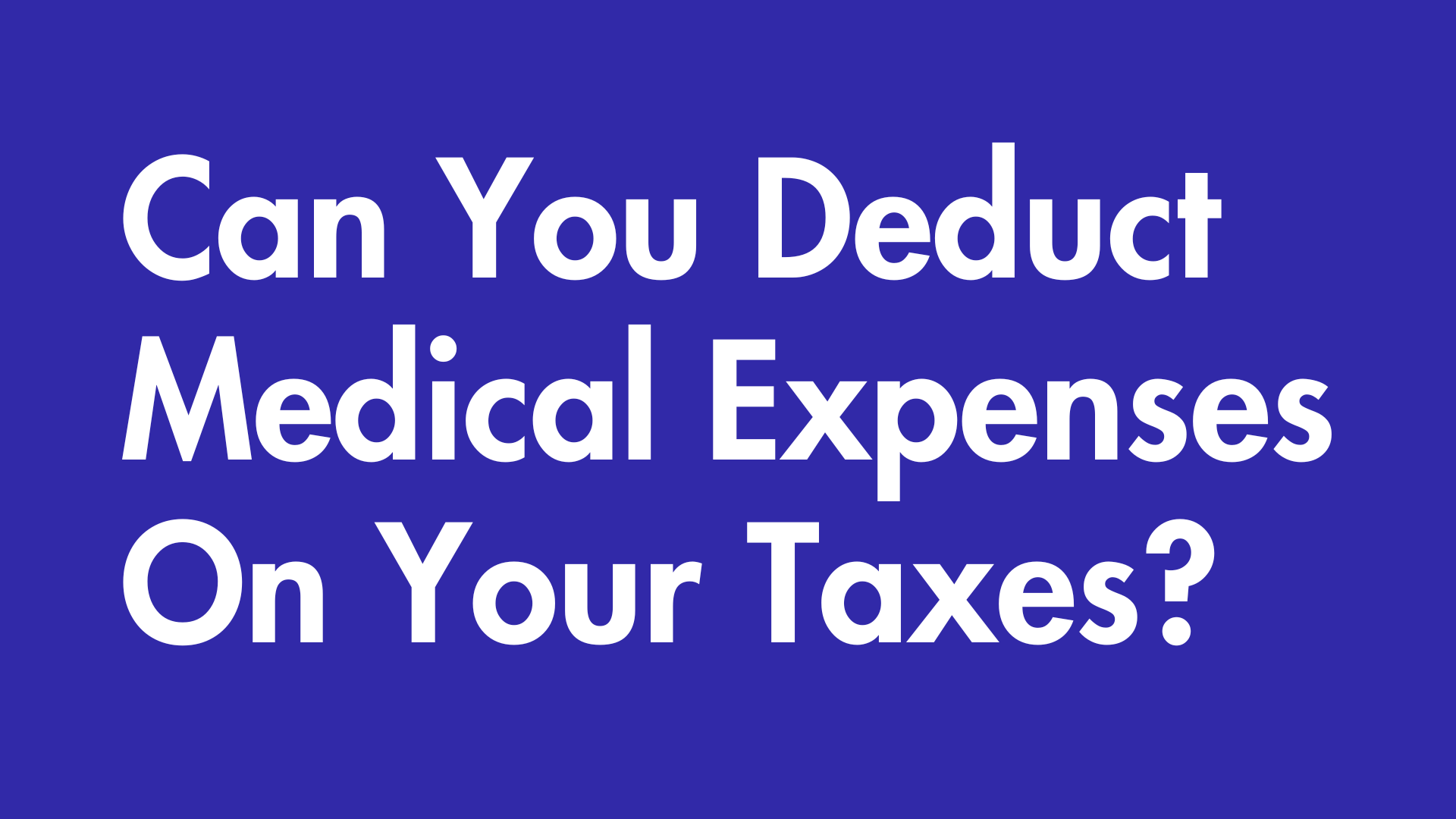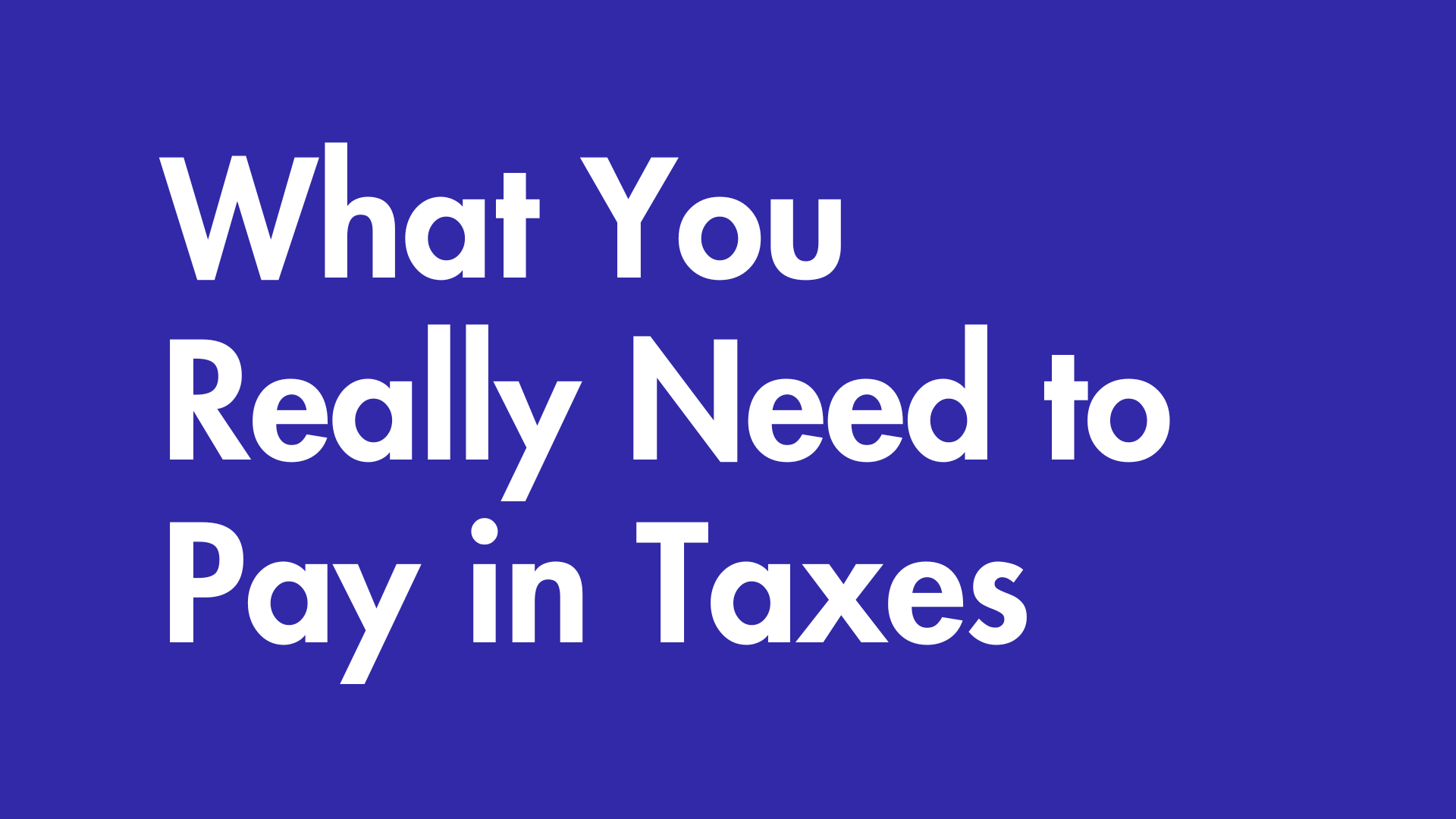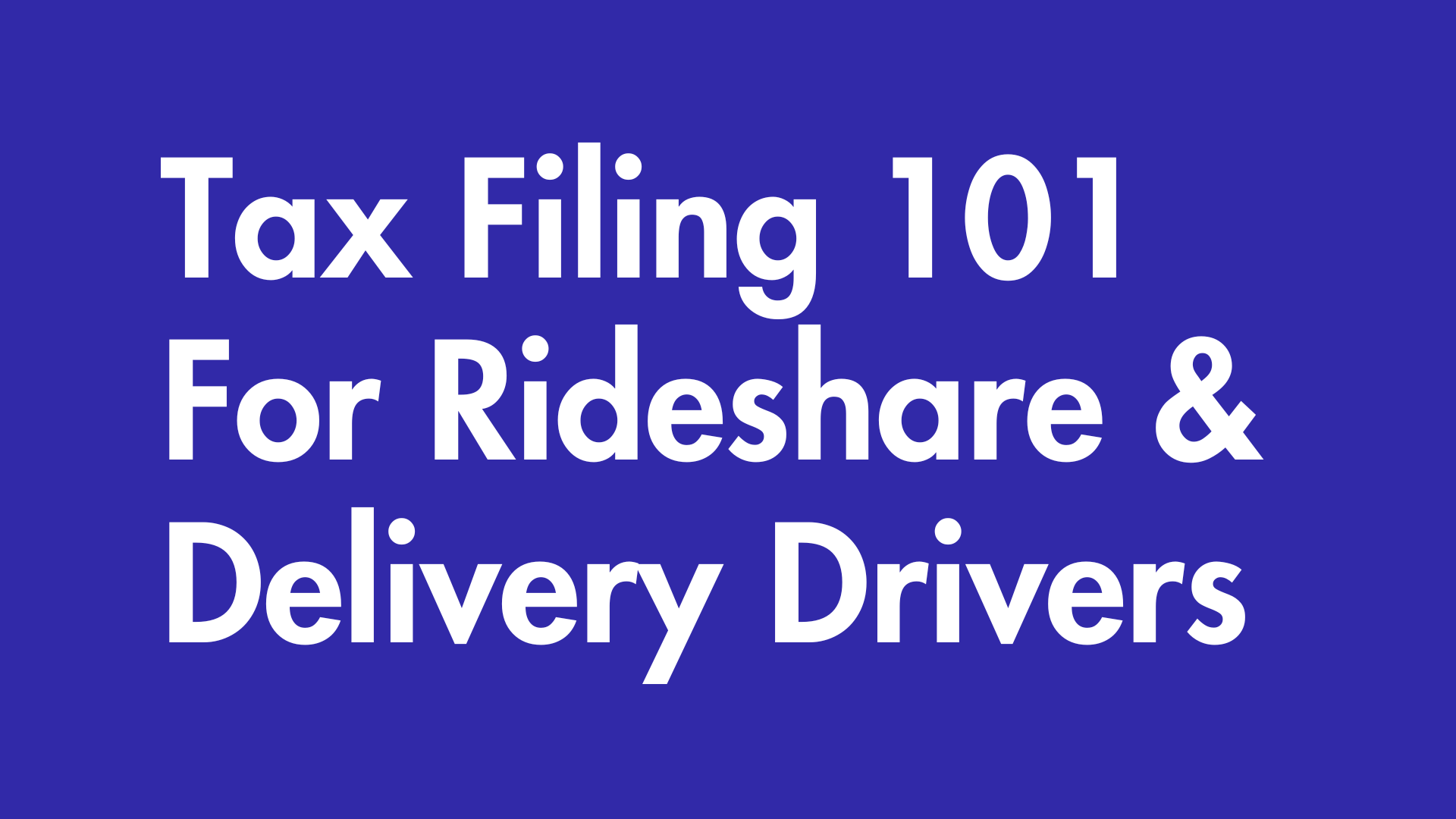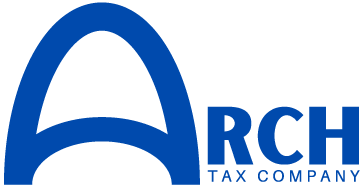GET A FREE QUOTE TODAY - CALL US +1 (844) 556-3073
401(k) Early Withdrawals: How to Avoid IRS Penalties!
The Hidden Costs of a 401(k) Withdrawal
A 401(k) withdrawal might seem like an easy way to get extra cash, but it can result in unexpected tax bills and penalties. Here’s what you need to consider before taking money out of your retirement savings:
1. Early Withdrawal Penalty
If you're under 59½, the IRS typically imposes a 10% penalty on your withdrawal in addition to regular income tax. That means:
- A $20,000 withdrawal could cost you an extra $2,000 in penalties, plus additional taxes!
- Certain exceptions apply (such as disability or medical expenses), but most withdrawals are penalized.
2. It Increases Your Taxable Income
Withdrawn funds count as taxable income, which means:
- Your income bracket could go up, making you owe more in taxes.
- Example: If you’re already earning $60,000 per year and withdraw $20,000, your taxable income jumps to $80,000, possibly pushing you into a higher tax bracket.
3. Withholding Taxes Matter
Many people forget to withhold taxes when taking a 401(k) distribution, leading to a surprise tax bill later.
- Federal tax withholding: Usually 20% is withheld, but this might not cover everything you owe.
- State tax withholding: If your state has income tax, you need to withhold for that too!
- No withholding? You may need to make estimated tax payments to avoid IRS penalties.
4. Understanding Your 1099-R Form
After taking a 401(k) withdrawal, your financial institution will send you IRS Form 1099-R, which shows:
Box 1: Total amount withdrawn
Box 2: Taxable portion of the withdrawal
Box 4: Federal tax withheld
Box 7: Distribution code (shows if exceptions apply)
Box 14: State tax withheld
Knowing how to read this form is crucial when preparing your taxes!
Alternatives to Cashing Out Your 401(k)
If possible, avoid withdrawing your 401(k) early. Instead, consider:
- 401(k) Loans – Borrow from your retirement instead of withdrawing. You repay the loan with interest but avoid penalties.
- Hardship Withdrawals – Some circumstances (medical bills, disability) may qualify for penalty-free withdrawals.
- Rollover to an IRA – If you need flexibility, consider rolling over your funds into an IRA for tax advantages.
Final Thoughts: Plan Before You Withdraw!
A 401(k) withdrawal may seem like a quick fix, but it can cost you thousands in penalties and taxes if not planned correctly.
Need help with your tax strategy? Contact us today for expert guidance!


